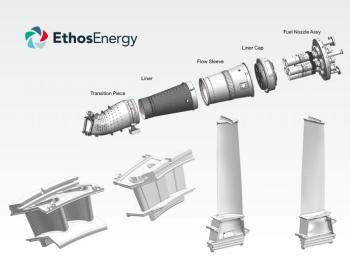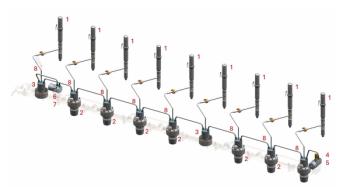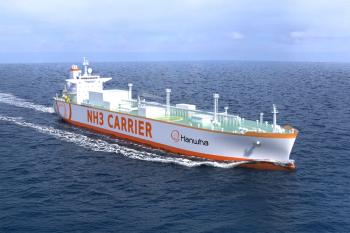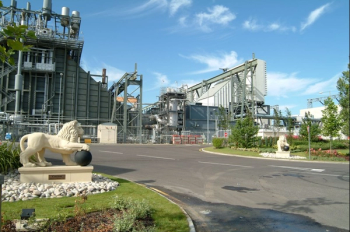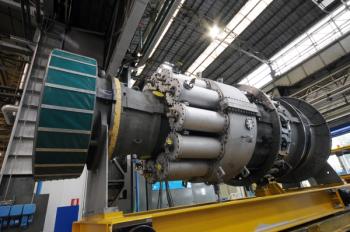
Babcock & Wilcox to Conduct FEED for Carbon Capture, Sequestration Project
Varme Energy’s proposed waste-to-energy facility will be located northeast of Edmonton, processing up to 200,000 tons of waste per year.
Varme Energy awarded Babcock & Wilcox (B&W) a contract to perform front-end engineering and design (FEED) work for its planned waste-to-energy project, equipped with carbon capture and sequestration, in Alberta, Canada. B&W will conduct engineering and design for the plant’s waste-fired boiler, emissions control technologies, and post-combustion carbon-capture system.
“This initial engineering contract is an important first step for our large-scale municipal waste-to-energy with carbon capture and sequestration project,” said Jimmy Morgan, B&W Chief Operating Officer. “We’re pleased to partner with Varme Energy to help turn waste into a clean energy source with reduced greenhouse gas emissions. B&W is committed to providing our customers around the world with advanced solutions to generate energy from waste while reducing reliance on landfills and safeguarding the environment.”
Upon FEED completion, B&W’s scope includes the design, supply, and construction of the plant’s combustion grate, boiler, and economizer. It will also design and supply the air quality control system for particulates, NOx, and SOx, as well as a carbon-capture absorber and sorbent regeneration system. The proposed facility will be constructed northeast of Edmonton with capability to process up to 200,000 tons of waste per year.
B&W Carbon-Capture News
In June 2024,
Upon completion of the conversion project, the power plant will operate with biomass as fuel to produce power with net-negative greenhouse gas emissions. With B&W’s SolveBright process, it will also be capable of capturing up to 550,000 tons of CO2 per year to be stored underground. B&W Construction Co. is responsible for the mechanical scope and construction of the BECCS facility. The Filer City plant is co-owned by Tondu Corp. and NorthStar Clean Energy.
Carbon-Capture Plants
At Turbomachinery & Pump Symposia 2024, folks from Siemens Energy, including Lukas Biyikli, R&D Portfolio Manager of Integrally Geared Compressors, and Mike Welch, Industry Marketing Manager, presented on the
Modular Amine Towers: Often applied to smaller emitters that generate less than 1,000 tons of CO2 per day. With a smaller footprint, towers have shorter construction times and can be used at space-constrained sites, such as offshore platforms.
Rotating Packed Beds: Features enhanced CO2 adsorption through centrifugal force, but generally lower capture rates at approximately 100 tons per day.
Potassium Carbonate: Proven for gas processing and scalable to large CO2 capture volumes. The energy demand is similar to amine towers, but these systems can use hot water for solvent desorption. On the downside, potassium carbonate operates with low flue gas inlet temperatures.
Newsletter
Power your knowledge with the latest in turbine technology, engineering advances, and energy solutions—subscribe to Turbomachinery International today.

